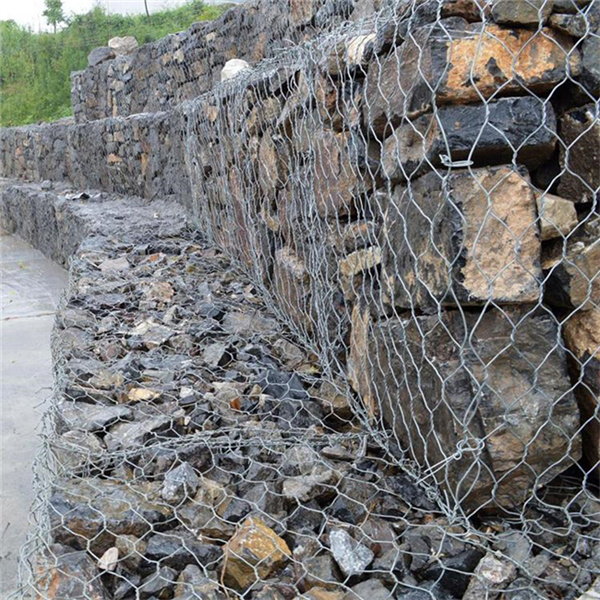ágú . 16, 2024 15:31 Back to list
Gabion Basket Pricing Analysis for Construction Projects and Landscape Design
Cost Estimate for Gabion Baskets An Overview
Gabion baskets have emerged as a cost-effective and durable solution for various construction and landscaping projects. They are wire mesh containers filled with rocks, stones, or other materials, commonly used for erosion control, slope stabilization, and decorative features. Understanding the cost of gabion baskets is essential for both contractors and homeowners planning their projects. This article delves into the factors influencing the cost of gabion baskets and provides a brief estimate.
Factors Influencing Costs
1. Material Quality The type and quality of wire mesh used in gabion baskets significantly impact the overall cost. Galvanized steel is the most common choice, offering a balance of durability and price. However, higher-end materials like stainless steel or plastic-coated meshes are available at a premium price, increasing the overall cost per unit.
2. Size and Volume Gabion baskets come in various sizes, and the price naturally varies with the dimensions. Standard sizes range from small, modular baskets to large units designed for more extensive projects. Generally, larger baskets result in a lower unit cost due to economies of scale. Buyers should analyze their specific needs to determine the most cost-effective size.
3. Filling Material The choice of filling material plays a crucial role in the overall expense. The most common filling materials include natural stone, recycled concrete, and gravel. Costs can vary based on local availability, the type of stone, and whether it’s sourced locally or transported from a distance. For budget-conscious projects, consider using locally sourced materials to minimize delivery fees.
4. Labor Costs While gabion baskets can be a DIY project, many contractors prefer hiring professionals for installation. Labor costs vary significantly depending on the region, the complexity of the project, and the contractor's experience. In general, hiring labor can increase the total cost, so it’s essential to get multiple quotes before making a decision.
5. Transportation and Delivery Depending on the project location, transportation costs can be a considerable part of the budget. The weight of the baskets, especially when filled, necessitates larger vehicles that may increase delivery charges. Be sure to factor in these costs when estimating the overall project budget.
gabion basket cost estimate

Cost Estimate Breakdown
While the costs can vary widely based on the aforementioned factors, here’s a general breakdown of potential expenses
- Gabion Basket Unit Cost The price for standard 2x1x1-meter galvanized gabion baskets typically ranges from $50 to $150 per unit. Larger or customized baskets may cost between $200 and $500 each. - Filling Material The cost of filling material can range from $10 to $50 per ton, depending on the type and quality. For instance, locally sourced gravel is often cheaper than decorative stones.
- Labor Costs Hiring a contractor may add anywhere from $30 to $100 per hour, depending on the geographical location and the specific work required. A straightforward gabion installation could take a few hours or several days, depending on the project size.
- Transportation Fees Transportation costs can range from $100 to $500, varying significantly with distance and vehicle type.
Conclusion
In conclusion, the cost of gabion baskets can vary greatly based on materials, size, labor, and transportation. A typical project may range from a few hundred to several thousand dollars, depending on the scope and complexity. When planning a project involving gabion baskets, be sure to gather multiple quotes, consider the long-term benefits of durability and low maintenance, and choose materials wisely. With thoughtful planning and budgeting, gabion baskets can be a cost-effective solution for enhancing the functionality and appearance of outdoor spaces.
-
The Role of Galvanized Gabion Mesh in Riverbank Protection
NewsJun.26,2025
-
The Role of Gabion Basket Raised Bed in Sustainable Gardening
NewsJun.26,2025
-
Quality Assurance of Wire Mesh Gabion Baskets
NewsJun.26,2025
-
Installation Guide for Welded Gabion Box
NewsJun.26,2025
-
How to Choose the Right Gabion Box
NewsJun.26,2025
-
Different Types of Gabion Wire Mesh
NewsJun.26,2025
-
Why PVC Coated Gabion Mattress Is the Best Solution for Long-Term Erosion Control
NewsMay.23,2025






